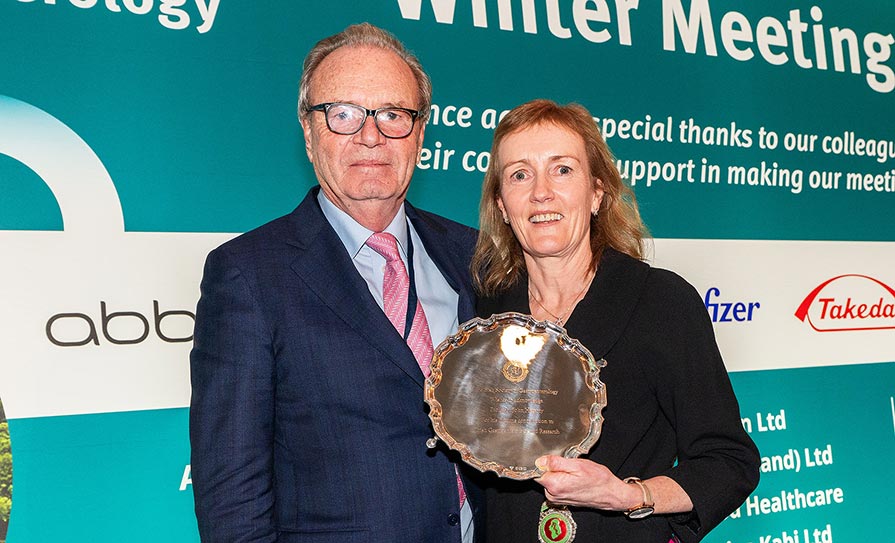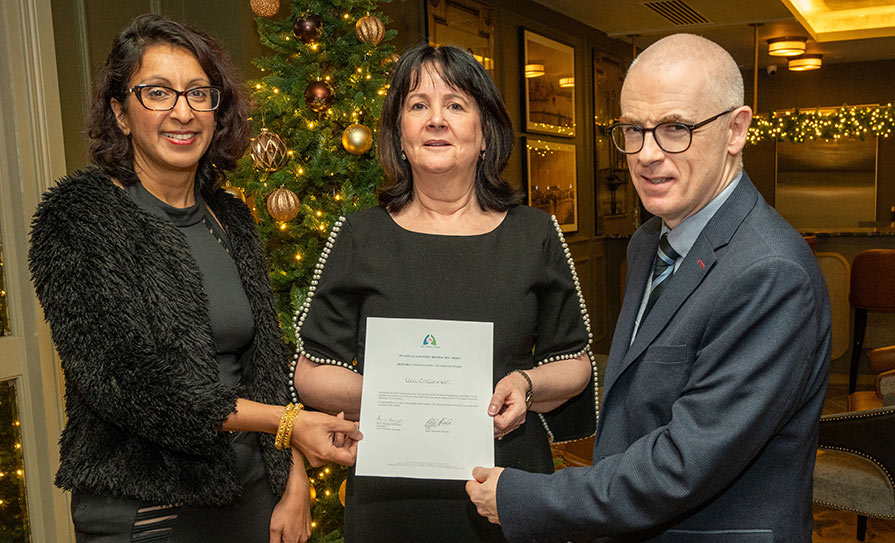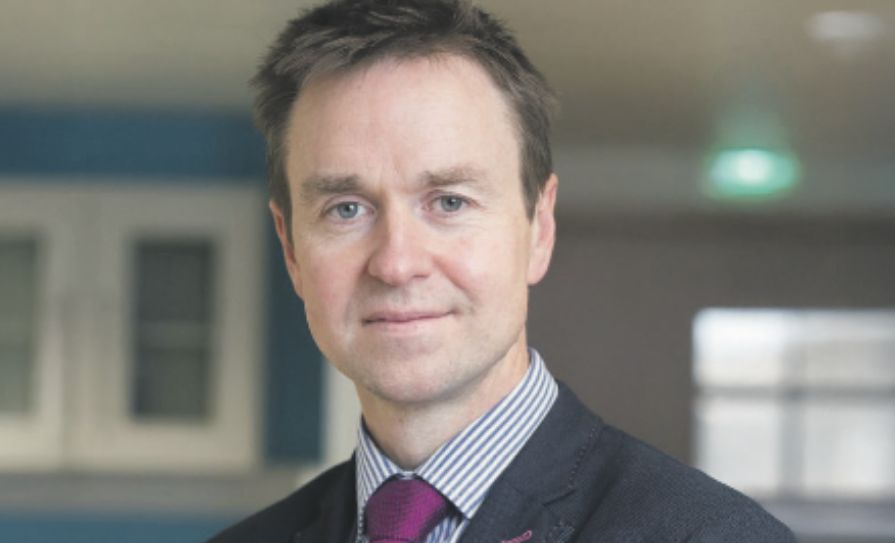A legacy of inadequate funding and significant difficulties in recruiting and retaining consultants is impacting child and adolescent mental health services in the UK and Ireland, a speaker at the recent IHCA Annual Conference has told this newspaper.
In her address, Dr Elaine Lockhart, Chair of the Royal College of Psychiatrists’ Child and Adolescent Faculty in Scotland, noted decades of insufficient funding in child and adolescent mental health and a recent rise in service demand and clinician burnout. Although speaking directly about experiences in Scotland and the wider UK, she said that these trends are also replicated in Ireland.
“I think we have run up against the fact that the services weren’t adequately funded going in [to the Covid-19 pandemic], and children’s mental health was getting worse,” Dr Lockhart told the Medical Independent (MI).
“Covid-19 was a perfect storm, we saw a surge and increase in referrals, an increase in acuity and how unwell children were. And I think that pushed some people [doctors] to retire prematurely or to reduce their hours. So I think it has just been a specialty [child and adolescent psychiatry] that has been really hard hit by Covid and its impact, along with everything else.”
She said the same trends seen in the UK have “absolutely” been experienced in Ireland.
“I think it would be very hard not to see that, because it would have a similar impact [in Ireland].… It is about chronic underfunding and then being hit by a huge upsurge in referrals of sick children.”
The current state of the HSE child and adolescent mental health services (CAMHS) formed a central part of IHCA President Prof Robert Landers’ opening speech at the conference. Prof Landers said the “gap between the type of [health] system we want versus the type of system we have feels like it’s widening”. He noted that CAMHS was an area where this gap was most evident.
“The publication of the Mental Health Commission reports revealed the scale and severity of deficits faced in this vital day-to-day service,” Prof Landers told attendees.
“CAMHS… serves, or at least should serve, as a lifeline to our young citizens and their families living with the challenges induced by moderate-to-severe mental health disorders,” said Prof Landers.
“However, the very fact that benchmarks for staffing and bed levels for the health service are rooted in a 17-year-old mental health policy exemplifies the lack of priority the system has given to addressing this issue for close on two decades.”
A motion calling on the HSE to “urgently” address “extreme deficits” in the staffing levels in CAMHS was passed unanimously. The motion was proposed by Prof Elizabeth Barrett, Consultant Liaison Child and Adolescent Psychiatrist, Children’s Health Ireland at Temple Street, Dublin, and seconded by Dr Rachael Cullivan, Consultant Adult Psychiatrist, Cavan General Hospital.
During her address, Dr Lockhart briefly noted the growing impact of social media on the mental health of children and adolescents.
Asked whether there is a need for more public health engagement and guidelines in this area, she said “it is being developed”.
“They have developed something in America and now we are developing guidance in the UK about screen times,” Dr Lockhart told MI.
She said the guidance will take account of different age groups. “It has taken a while because we are behind the curve because the evidence wasn’t really there.”
She said that when preparing a report on the subject four years ago the evidence-base was not strong.
“But we are getting a much stronger sense of that now, with the research coming through.”
She said public health policy was key, as well as the involvement of parents, particularly where they noticed their children may be struggling and spending a lot of time on their phones.













Leave a Reply
You must be logged in to post a comment.